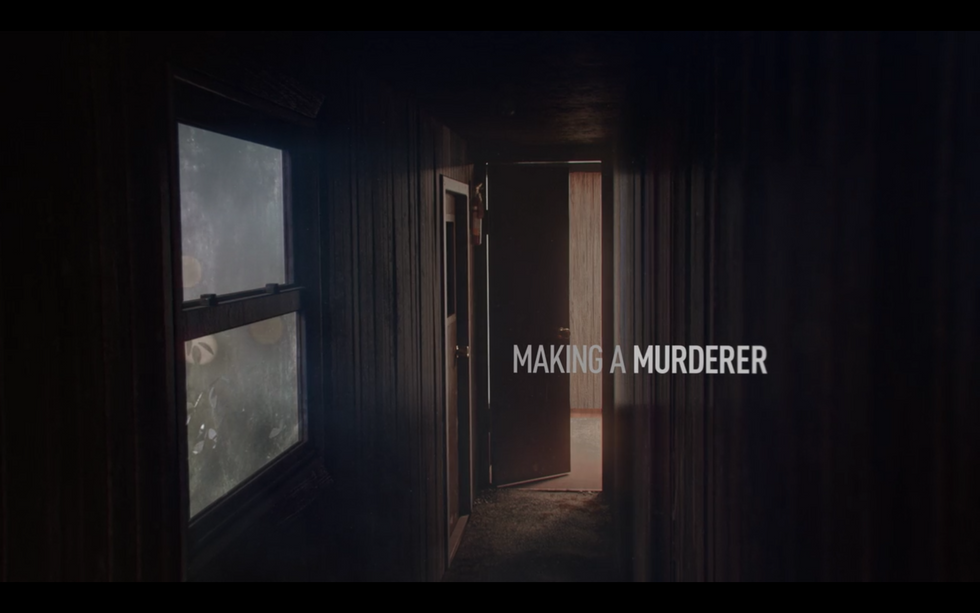As a true crime fan, I was obsessed with "Making a Murderer" when it was released in 2015. The story followed the cases of Steven Avery, a man who was wrongly convicted of a crime and lost 15 years of his life only to be found guilty once again for another murder. The series follows the case as it takes over the small Wisconsin town the crime took place in, with everyone in the county having their own thoughts on the case and whether or not Avery was involved.
As this was Netflix's first outing into releasing an original series in the true crime genre, every true crime fan, including me binged the series as quickly as we could, trying our best to not look up the case until we had finished the final episode.
Three years later the series serves as a pinacol point in how Netflix original series covering true crime events are produced. Since 2015, the streaming service has released numerous true crime series including "Wild Wild Country," "The Confession Tapes," "The Keepers," and my personal favorite "Evil Genius." Knowing this, it is easy to say that Netflix capitalized on "Making a Murderer's" popularity and is now one of the leading services for true crime fans to go to in order to release their itch for true crime.
That being said, Netflix has also picked up previous true crime documentaries and expanded on them by releasing new episodes as such is the case with the series "The Staircase," one of the first true crime documentaries I watched years before "Making a Murderer" was on our computer screens.
But despite the fact that these new episodes were released, I can't get myself to watch them. Why? Because in the 14-year gap between episodes, I have gotten more familiar with the case either through podcasts and other documentaries or just my own research. And because of that, I know how one-sided the original episodes are in favor of Michael Peterson. So even though it is a great series (it even won a Peabody) I can't watch it again because of what I know now.
And the same might be the case with "Making a Murderer" season 2. 3 years later there is more information about the case out there, mostly due to the popularity of the series. Brendan Avery, who's arguably coerced confession was one of the central points of the series, while still behind bars has a massive following of supporters outside begging for the court to reconsider. And like "The Staircase," 3 years later, I see how one-sided at times the documentary can be.
For instance, many of the interviews are from Steven Avery himself. Although this alone doesn't mean the case is one-sided, for example, "Evil Genius" heavily features Marjorie Diehl-Armstrong interviews, but these serve to give viewers more knowledge how Diehl-Armstrong speaks and reflects on her part in the crime. The same cannot be said for Steven Avery as many of the interviews are used to pull on viewers emotions as they pity a man who may or may not have been wrongfully convicted for the second time.
With all this in mind, I plan on waiting for the critics to respond to the new season before diving in. After all, if this season addresses what many felt the first did wrong, that may be enough for me to get back into it again.
Will you be watching season 2 of "Making a Murderer"?






 The minimum wage is not a living wage.
StableDiffusion
The minimum wage is not a living wage.
StableDiffusion
 influential nations
StableDiffusion
influential nations
StableDiffusion











